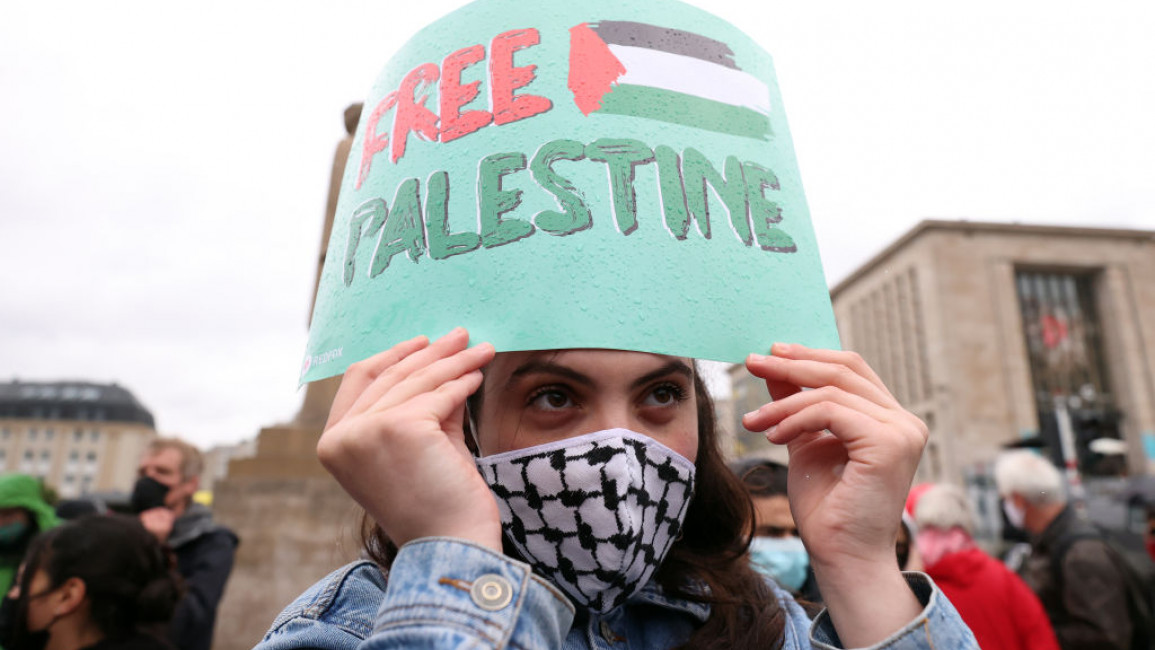Belgium to label products produced in illegal Israeli settlements
Belgium has announced that it will label all products produced in West Bank Israeli settlements, considered illegal under international law.
The announcement drew a swift rebuke from Israel, with the country’s Deputy Foreign Minister Idan Roll, who is currently visiting Belgium, cancelling a meeting at the foreign ministry in Brussels and the country's parliament.
"I canceled my planned meetings with the Belgian Foreign Ministry and Parliament," Roll wrote on Twitter.
I canceled my planned meetings with the Belgian Foreign Ministry and Parliament. The Belgian government's decision to label products from Judea & Samaria strengthens extremists, does not help promote peace in the region, and shows Belgium as not contributing to regional stability
— Idan roll - עידן רול (@idanroll) November 24, 2021
"The Belgian government's decision to label products from Judea & Samaria [occupied West Bank] strengthens extremists, does not help promote peace in the region, and shows Belgium as not contributing to regional stability," he added.
Belgium’s decision to label products made in Israeli settlements dates back to a 2019 ruling by the Court of Justice of the European Union, which stated that consumers should be aware of any items made in the illegal outposts.
Since the ruling, many EU countries have been slow to implement the labelling.
Even prior to the ruling, the EU had long exempted Israeli products made in settlements from its free-trade agreement, and in 2015 EU member states were issued guidelines on how they could legally label goods produced beyond the 1967 frontier, considered the borders of a future Palestinian state.
Belgium's decision to label settlement-produced goods comes at a time of heightened tension between the EU and Israel.
EU representatives reaffirmed their opposition to Israel's plans for settlement expansion on Monday, following a visit by diplomats to the West Bank and the perimeter of East Jerusalem.
"The recent approvals of thousands of housing units for Israeli settlers aim at disconnecting the Palestinians from their city and changing East Jerusalem's identity," said EU Representative in Palestine Sven Kuhn von Burgsdorff.
"Israeli settlements are in clear violation of international law and constitute a major obstacle to a just, last and comprehensive peace between Israelis and Palestinians," he added.
In October, Israel's Higher Planning Council green-lit the building of 2,860 new housing units on Palestinian land.
Belgium's announcement was welcomed by many online, but some questioned whether the move went far enough.
"Belgium has announced that it will start labelling Israeli West Bank settlement products as not made in Israel...6 years after the EU ruling on the matter. So, illegal Israeli settlement produce made on stolen Palestinian land will not be banned...but labelled. The bar is so low," wrote one social media commenter.



